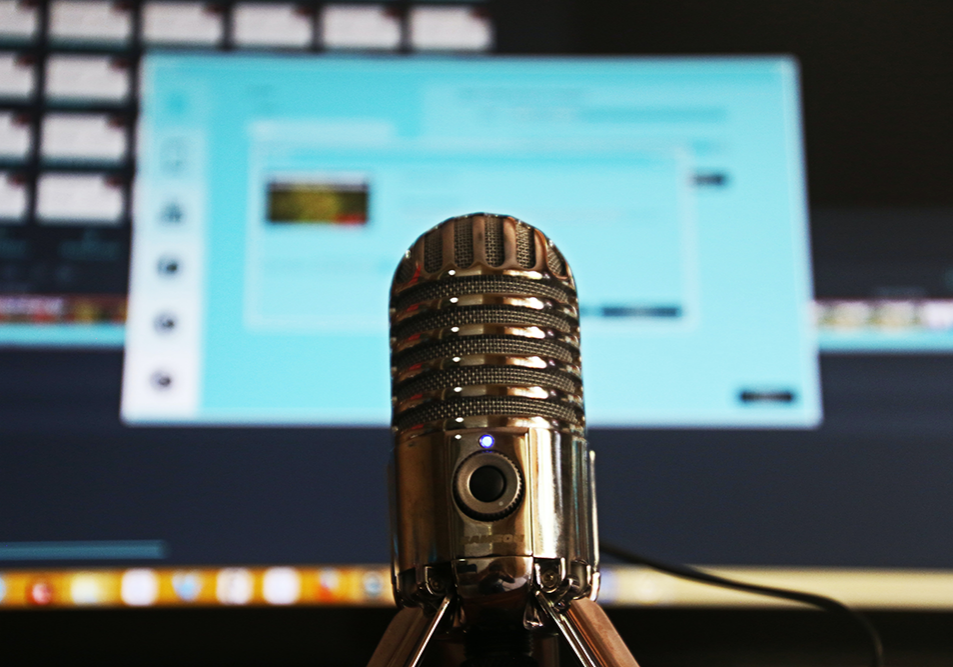The Accunet Mortgage Show (1/26/20 Episode)
David and Brian talk about why proposed changes to the new FICO score rating models might be “much ado about nothing,” why it might be wise to invest your money the same way JP Morgan Chase lends it, and why you have to show more than just the money when making a cash offer.
This week’s highlights:
- Stock markets worldwide are down, but so are mortgage rates.
- How much you have in the bank may affect your credit score, according to proposed FICO changes.
- JP Morgan Chase earned $8.5 billion in profit over just 90 days, and you can emulate their model.
- Writing in a financing contingency when making an offer on a home guarantees your down payment availability.
Mortgage rates are down, home prices are up
Due to the recent coronavirus outbreak in China, stock markets are down across the world, as investors are moving their money to safer avenues due to fear of financial unknowns. However, because of this, mortgage rates are also down.
As of Jan. 27, 2020, Accunet can offer a rate of 3.75% on a 30-year fixed-rate mortgage with $777 in closing costs, and an APR of 3.7%. Accunet can also offer a rate of 3.25% on a 15-year fixed-rate mortgage with $777 in closing costs and a 3.3% APR.
And, according to The Federal Housing Finance Agency Home Price Index, home prices are up 12.8%. With the future uncertain, and low rates today, it’s a great time to start thinking about your next home purchase. Whether you are a first-time homebuyer or looking to refinance an existing home, Accunet has the tools to help you become a homeowner.
Upcoming changes to FICO scoring may change your credit score
On last week’s episode, our first segment was about how having a sudden influx of cash in the bank (a financial gift, lottery winnings, etc.) DOES NOT directly influence your credit score.
However, on Jan. 23, The Wall Street Journal announced in an article titled, “FICO Changes Could Lower Your Credit Score,” that FICO had just introduced two new scoring models: the 10 and 10T- that will consider on how much a person has in their bank account.
However, David points out that the most widely-used FICO score is 8, and the lending world hasn’t even adopted 9 yet, so there may be, according to David, “much ado about nothing.”
Client story: Be like JP Morgan Chase
David is working with a client who is relocating to Wisconsin from out of state, and planning on buying a higher-end home prior to selling his existing home.
Accunet is facilitating with 5% down and giving him two mortgages:
- A 30-year fixed rate of $510,400 (the 2020 maximum conforming loan limit from Fannie Mae and Freddie Mac) at 3.5% with $13,050 in total loan costs.
- A second mortgage of $250,000, with 5% down.
After he sells his house, the client will have $400,000-500,000 of equity pay.
Concurrently, David also noted that JP Morgan Chase bank earned $8.5 billion in profit in the last 90 days, making its total profit $36.4 billion. One half of their revenue came from “net interest margin,” wherein they borrow money from the consumers’ deposits at 1.47%, but lend it out at 3.875% to turn a profit, adding 10% of their own money before lending it out to consumers.
How does Chase Bank’s yield relate to David’s client? Well, the client’s next step in the process should be to pay off his second mortgage, because it’s at a higher rate and in the 2nd lead position. But then, should he do a principal paydown? Reduce his mortgage balance?
David advises the client to turn to his equity pay. The compound annual growth rate of the S&P 500 over the last 3 years was 14.3%. If the client borrows at 3.5% and invests it at 14.3%, like Chase, he can grow his money. And since he is sitting on all that equity, time is on his side.
Client story: Show me the money
David discusses a situation with one of his past customers who is looking to buy a second home and wants to make the seller a cash offer of 20% down.
David advises that, ideally, the client should show the seller more than 20% down payment availability (the minimum high-strength down payment number for an offer). As a best practice, he should put 30-50% down, and not pay all in cash. The buyer could forgo an appraisal contingency, meaning his down payment can cover the difference between the offer and the appraisal if the appraisal comes in low.
Want to estimate how much home you can afford after your down payment? Try Accunet’s How Much Home Can I Afford calculator.
[elementor-template id=”10109″]
Want the Lowest Rate on Your Home Loan?
Let's Get Started!
You Might Also Like
Aenean sollicitudin egestas elit vel mattis. Proin non lorem arcu. Sed ornare venenatis sapien id iaculis. Etiam ultricies interdum commodo. Aliquam erat volutpat.

